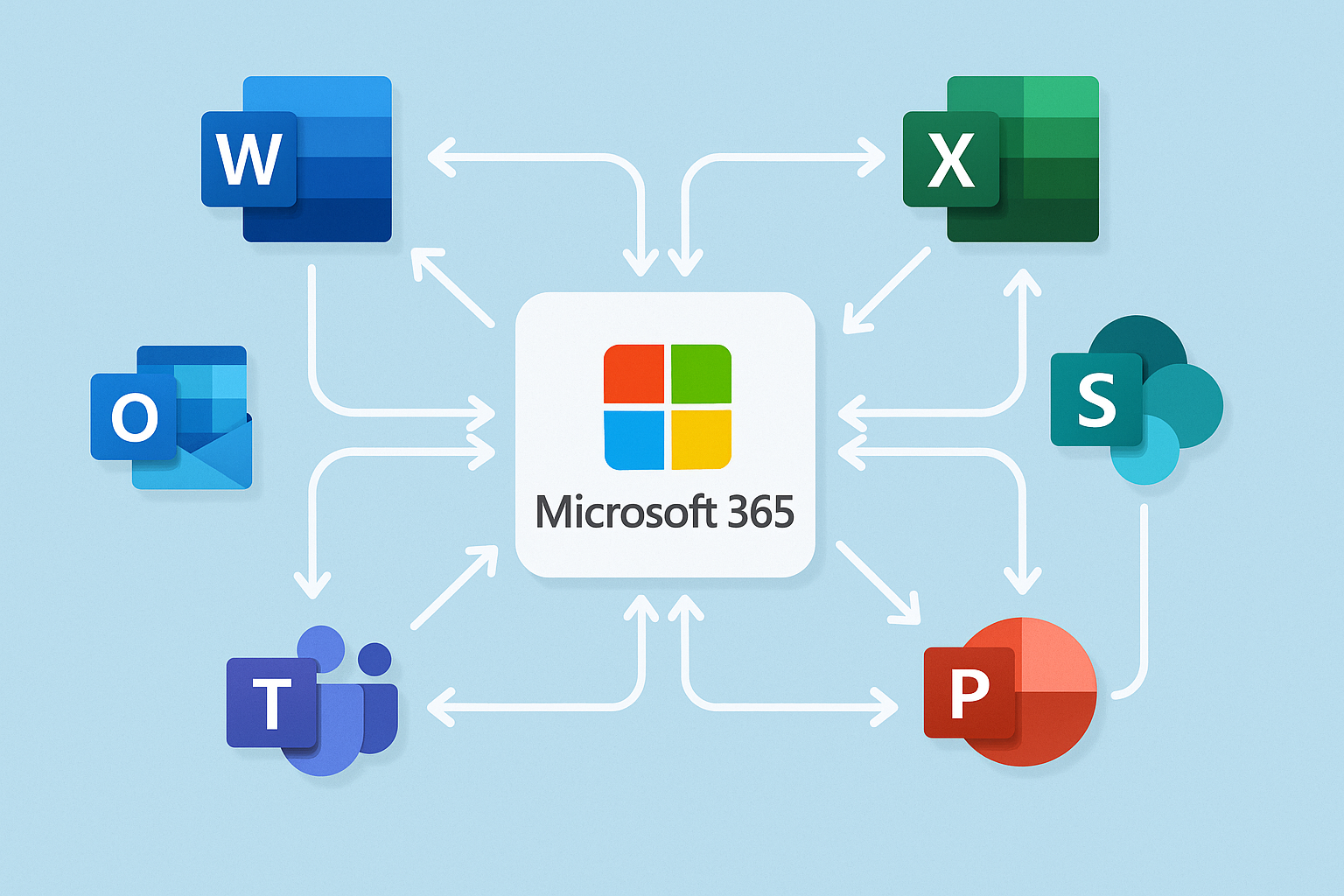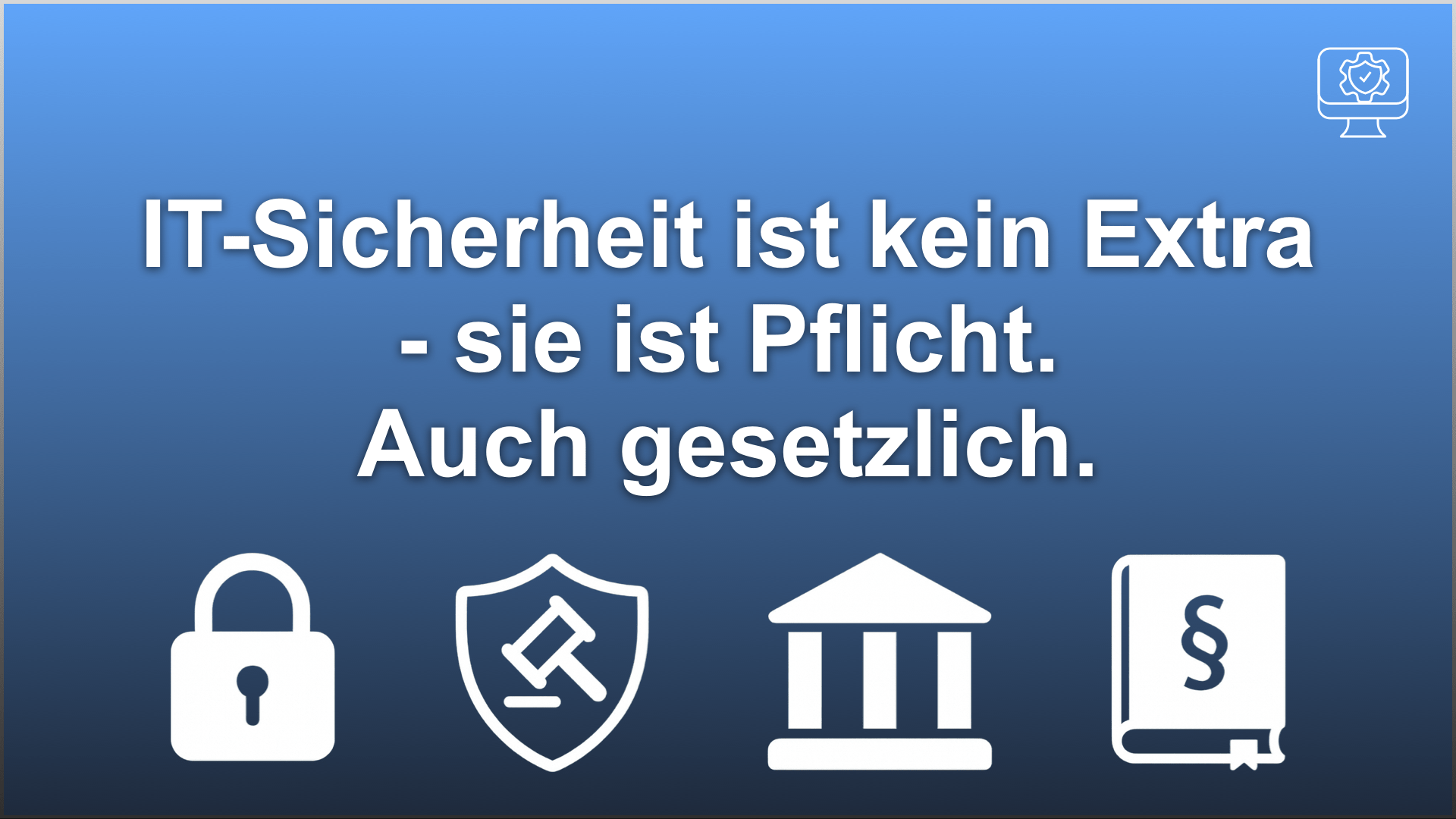
What Are CMS Platforms and Why We Choose WordPress

Content management systems (CMS) have revolutionized the way we create and manage websites. Whether it's blogs, business sites, or online shops – a CMS offers the flexibility and efficiency to design and maintain content without needing extensive programming knowledge. But what exactly is a CMS, and why do we use WordPress in our projects? In this blog post, we’ll explain the basics and share why WordPress is our platform of choice.
What is a CMS?
A content management system (CMS) is software that allows users to create, edit, and organize website content without needing web development skills. At its core, a CMS separates design (frontend) from content (backend), allowing content to be edited independently of layout. CMS platforms have evolved to such an advanced level that, in most cases, it no longer makes sense to build a website from scratch.
Key features of a CMS include:
-
User-friendliness: Simple interfaces that are accessible even for non-tech users and can be learned quickly.
-
Flexibility: Suitable for a wide range of needs, from simple websites and blogs to complex e-commerce platforms.
-
Collaboration: Multiple users can work on content simultaneously—for example, a developer on the structure and an author on the content.
-
Extensibility: Websites can easily be enhanced with new features via extensions or plugins.
Popular CMS platforms, in addition to WordPress, include Joomla, Drupal, and TYPO3.
Why We Choose WordPress
WordPress is the most widely used CMS in the world, powering more than 40% of all websites on the internet. And while there have been some recent discussions within the community, it still makes perfect sense to rely on WordPress. Here are the main reasons why we use WordPress for our projects:
1. User-Friendliness
WordPress stands out for its intuitive interface. Even those with no technical background can easily create, edit, and publish content. This lowers the barrier to entry and allows our clients to manage their websites with ease.
2. Flexibility and Scalability
With thousands of themes and plugins, WordPress is nearly infinitely customizable. Whether building a small blog or a complex online store, WordPress provides the tools and features to bring any project to life.
3. SEO-Friendly
WordPress is SEO-ready out of the box. Features like clean permalink structures, meta descriptions, and optimized load times help improve visibility in search engines. Plugins like Yoast SEO or Rank Math take this even further.
4. Community and Support
As an open-source platform, WordPress has a massive community. This means regular updates, ongoing improvements, and a vast array of tutorials, forums, and support resources. Plus, with so many professionals familiar with WordPress, switching providers—if ever needed—is simple and secure.
5. Cost Efficiency
WordPress itself is free, and many themes and plugins are available at no cost. This makes development and maintenance very affordable—without compromising on quality or functionality.
Conclusion
A good CMS is the foundation of a successful website, and WordPress has proven itself to be a powerful and versatile tool. It strikes the perfect balance between usability, flexibility, and scalability—making it ideal for both small businesses and large-scale projects. That’s why we rely on WordPress—and the results speak for themselves.
Do you have questions about WordPress or want to know how we can support your project?
Get in touch – we’d love to hear from you!


